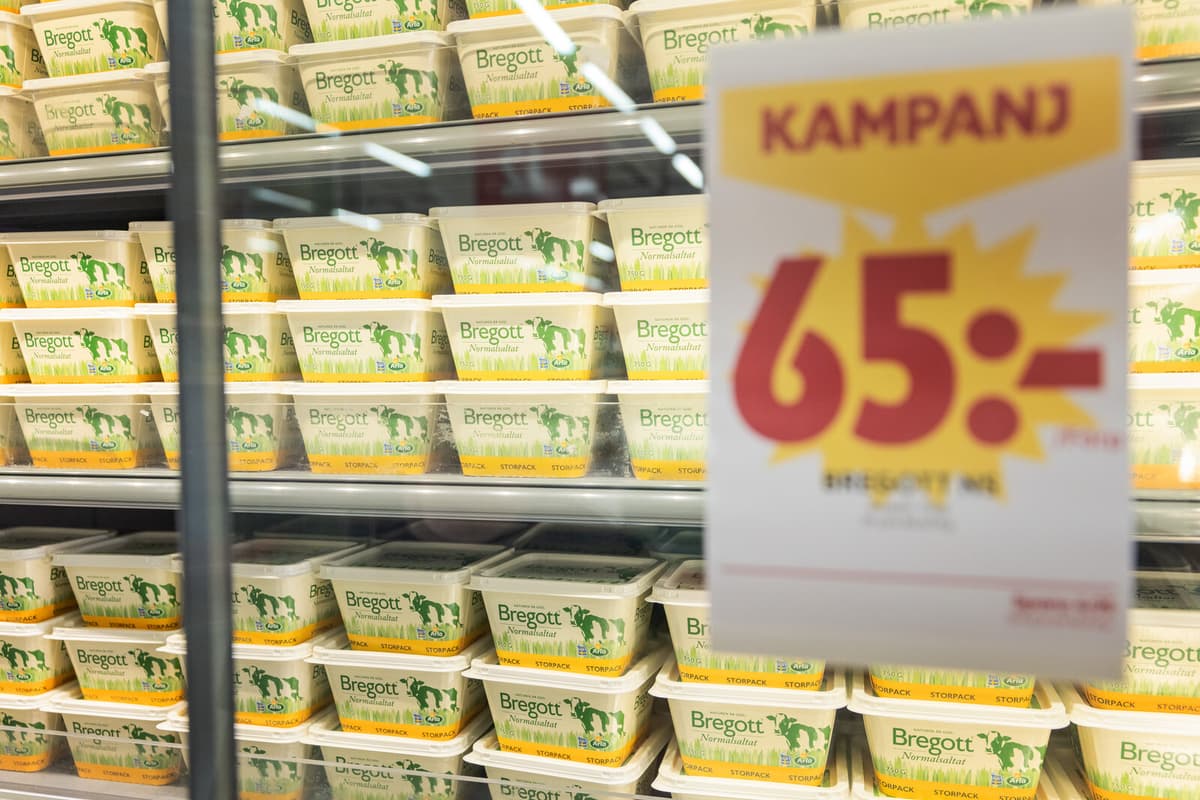Next year, the Consumer Agency expects household costs to remain largely unchanged compared to this year.
This is a trend break. The forecasts, which the agency produces on behalf of the government, generally expect rising expenses every year. The year after the war in Ukraine broke out, they increased sharply as inflation soared.
There have been significant increases in many areas in recent years. We don't see that anymore, says Kristina Difs, investigator at the Consumer Agency.
Falling electricity prices
Costs for personal hygiene, furniture, and household appliances are expected to decrease. So are electricity prices.
But you never know if it's going to be extremely cold and if a nuclear power plant strikes, says Difs.
Expenses for water and sewage and home insurance are expected to increase. When it comes to food, expenses are expected to remain largely unchanged.
The Consumer Agency's forecast estimates approximately 40 percent of household costs and is based on what is needed to live a "good everyday life". Large items such as housing and transportation are not included.
Individual differences
The household forecast is used, among other things, by the government as part of the basis for establishing a national standard for income support. It is also used by many banks as part of their "left to live on" calculations for mortgages.
Kristina Difs emphasizes that it involves estimated values, and that food costs look different for different households.
We base our calculations on normal prices for a four-week grocery basket that we have developed together with the National Food Agency. If you're good at buying on discounts, you can reduce the costs, she says.






